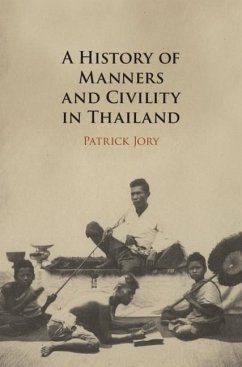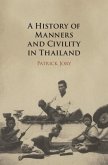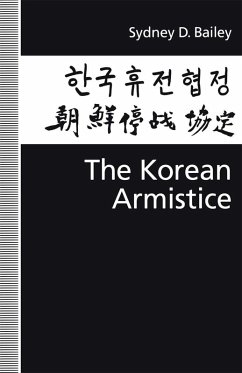Manners have long been a central concern of Thai society. Kings, aristocrats, prime ministers, monks, army generals, politicians, poets, novelists, journalists and teachers have produced a large corpus of literature that sets out models of appropriate behaviour. These include such things as how to stand, walk, sit, pay homage, prostrate oneself in the presence of high-status people, sleep, eat, manage bodily functions, dress, pay respect to superiors, deal with inferiors, socialize, and play. These modes of conduct have been taught or enforced by families, monasteries, court society, and, in the twentieth century, the state, through the education system, the bureaucracy, and the mass media. In this innovative new social history, based on Thai manners and etiquette manuals dating from the early nineteenth century to the late twentieth century, Patrick Jory presents the first ever history of manners in Thailand and challenges the idea of Western influence as the determinant of change in ideals of conduct.
Dieser Download kann aus rechtlichen Gründen nur mit Rechnungsadresse in A, B, BG, CY, CZ, D, DK, EW, E, FIN, F, GR, HR, H, IRL, I, LT, L, LR, M, NL, PL, P, R, S, SLO, SK ausgeliefert werden.









